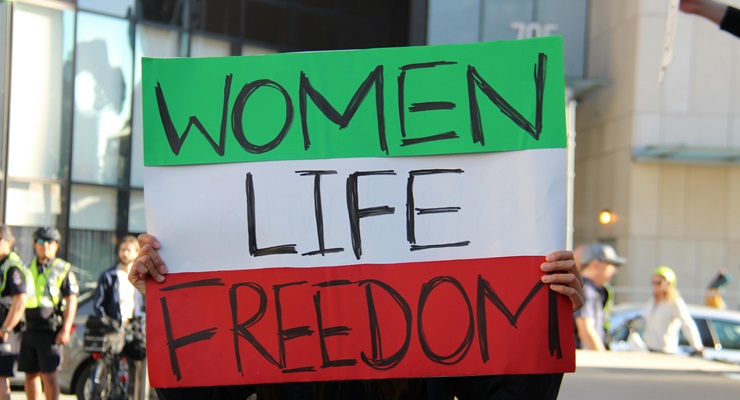 As a lifelong Alabamian, I’m no longer surprised by the pro-life culture of the state and its legislation. Most recently, on the heels of the Dobbs decision, Alabama Supreme Court decided in its latest court ruling that frozen embryos are children, to make the case that life begins at conception. Many conservatives have praised the decision, agreeing that life begins at conception and that embryos are effectively children. Never mind that Alabama refuses to expand Medicaid to give indigent children healthcare, nor has Alabama legislated for better public schools and better support for parents such as mandatory paternal and maternity leave and more affordable childcare. Alabama simply wants to set a precedent for the rest of the country. This move by Alabama Supreme Court then led to 125 Congressional Republicans, including Speaker Johnson’s support for a House bill to name life as beginning at conception with no exceptions for the use of IVF.
As a lifelong Alabamian, I’m no longer surprised by the pro-life culture of the state and its legislation. Most recently, on the heels of the Dobbs decision, Alabama Supreme Court decided in its latest court ruling that frozen embryos are children, to make the case that life begins at conception. Many conservatives have praised the decision, agreeing that life begins at conception and that embryos are effectively children. Never mind that Alabama refuses to expand Medicaid to give indigent children healthcare, nor has Alabama legislated for better public schools and better support for parents such as mandatory paternal and maternity leave and more affordable childcare. Alabama simply wants to set a precedent for the rest of the country. This move by Alabama Supreme Court then led to 125 Congressional Republicans, including Speaker Johnson’s support for a House bill to name life as beginning at conception with no exceptions for the use of IVF.
According to a CBS/YouGov poll, 86% percent of voters believe in keeping IVF legal. Like abortion and the unpopular Dobbs decision, this decision by the Alabama Supreme Court is out of step with the nation. Because of the Alabama Supreme Court decision last month, UAB Fertility Clinic has paused IVF treatment out of concerns for the new precedent. The consensus is that much of IVF will be moved out of the state of Alabama, leaving Alabama families who struggle to conceive with no recourse but to have their embryos shipped to other states where, as it stands, IVF is still legal. The slippery slope is if other conservative states in the deep south follow suit.
The fear for liberals who believe in women’s autonomy and ability to make decisions about their body is that the next step in this attack on women’s rights is the fight for contraception. Even in the Dobbs decision, Supreme Court Justice Clarence Thomas set out to overturn other set precedents of the last few years of the Supreme Court, including gay marriage and contraception. Alabama has often taken the most conservative approach to legislation and bills, including the most strident anti-abortion law on the books. There seems to be in America a big divide between blue states and red states and women’s rights. Now that the Dobbs decision is on the books, there is movement in conservative circles to continue to make the pro-life outlook the law of the land.
I remember as an undergraduate at Auburn University, anti-abortion advocates compared the abortion of the millions of fetuses in Alabama to a genocide. It’s this type of divisive language and culture of life that has been a rot in our culture. Evangelicals have seen their pro-life agenda take root in legislation and Supreme Court precedent, even though they remain the minority outlook. Abortion has continued to be a wedge issue for conservatives, driving voter turnout in elections like in 2000 and 2004. While abortion now for Democrats is an important GOTV effort, where states like Kansas and Ohio have voted against more stringent anti-abortion amendments. Abortion remains the kitchen sink issue of our time. I’ve never had an abortion debate in Alabama that didn’t get heated and emotional because, to many, this is the most important issue of our time. While Democrats believe that accurate sex education and the promotion of various forms of contraception will decrease abortion, and that has shown to be true by President Obama’s policies, Republicans view abstinence as an important thing to teach young people and often leave young people without the tools or information to make informed decisions about their reproductive health.
We are at a crossroads. The pro-life agenda is winning in legislation and Supreme Court precedent, even as these beliefs are largely the minority of the population of the United States. As this conservative push for the pro-life agenda means fewer rights for women, it will be a pivotal issue for 2024 and beyond. When will the majority finally speak up and quiet the minority of individuals hell-bent on taking away women’s autonomy and the right to make decisions about their own body?
Leave a Reply